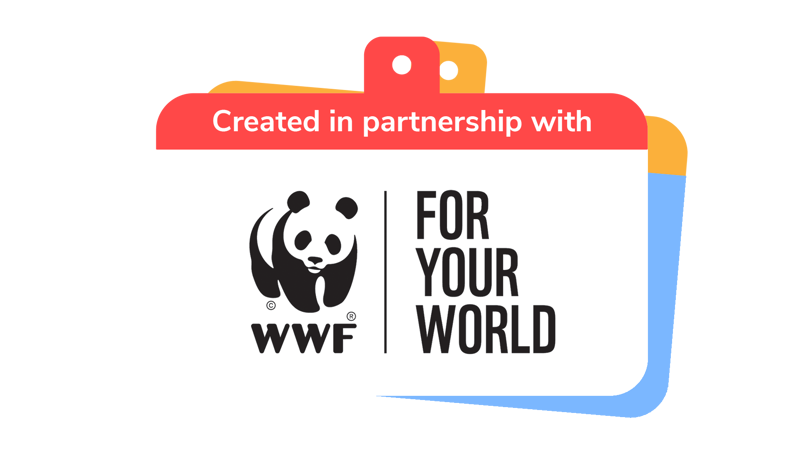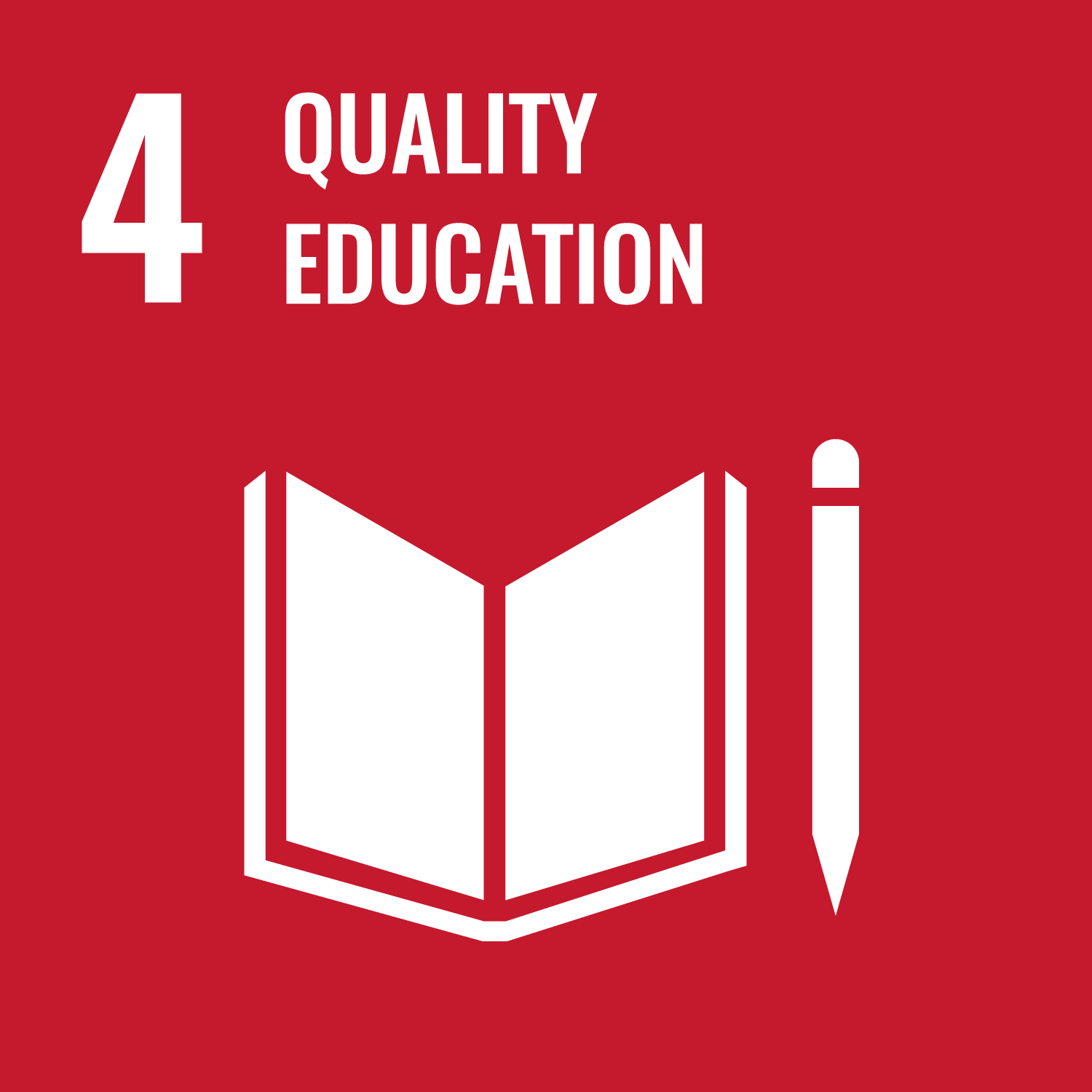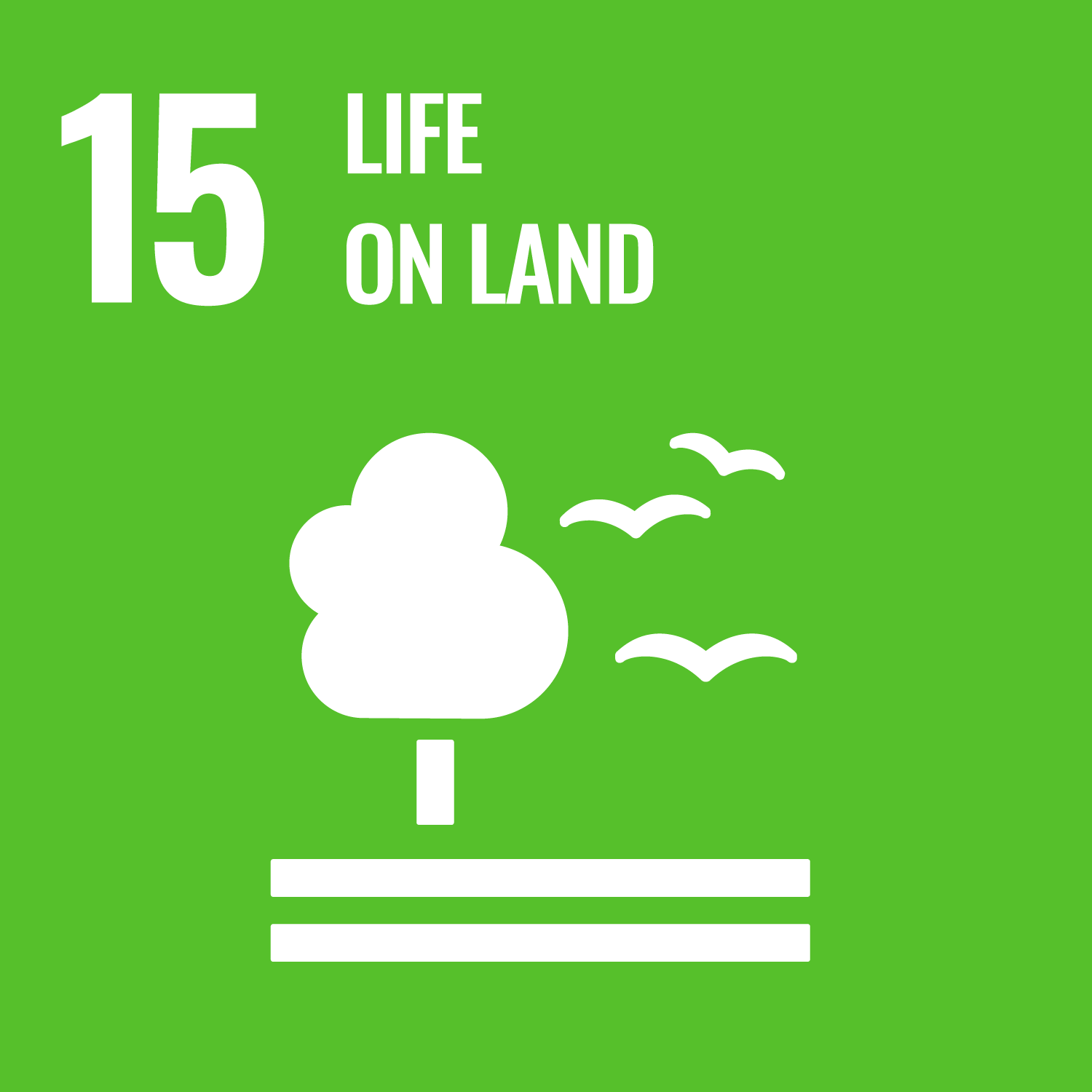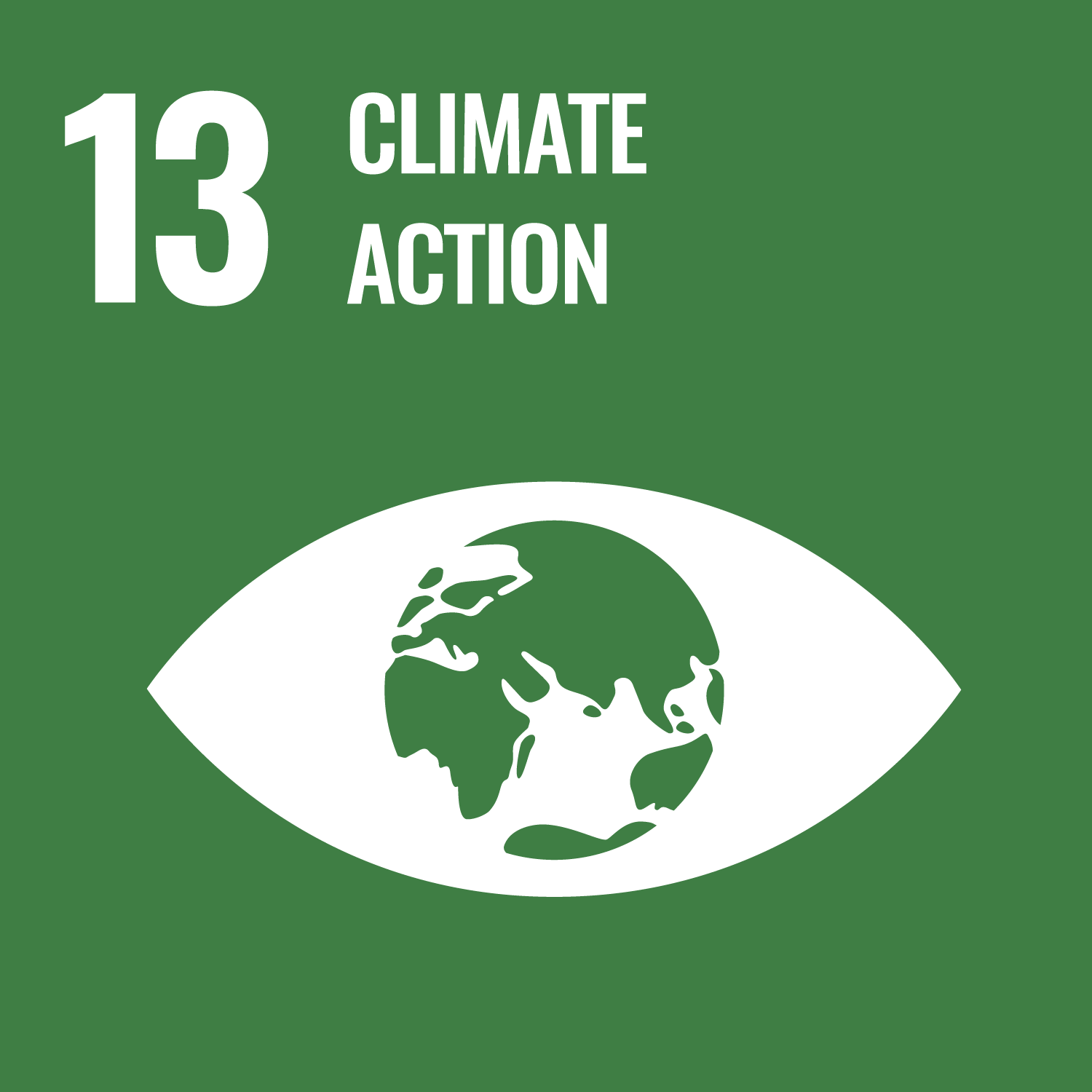
Run an eco-friendly camp
You’ll need
- Pens or pencils
- Big pieces of paper
Before you begin
- Sort the essential details: where will you hold the camp, when will it be, and who will you invite?
- Make sure you’ve reminded yourself about what you need to before a night away, including nights away permits. There’s also a checklist of things to consider.
- Think about whether your campsite’s close enough to wild habitats to run a biodiversity survey.
- Older young people will be able to take more responsibility for planning elements of the camp, but you’ll need to make sure you’re involved with their planning so everything’s safe.
Plan your camp
- Everyone should think about how an eco-camp could challenge other groups to take action to protect our environment. They may think about showing people how to do a plastic-free camp, running games to teach people what they’ve learned, doing a biodiversity study, and using alternative sources of energy.
- Everyone should split into five teams: meals and snacks, leave no trace, eco ways to wash, use, rent and repair, and eco events.
- Each team should use a big sheet of paper and pens or pencils to plan how they’ll run their area so it’s eco-friendly and teaches others too.
Meals and snacks
- This group needs to plan what everyone will eat.
- Make a list of meals and snacks that involve less packaging – for example, planning meals that use loose fruit and veg.
- Think about how else you could make your food more eco-friendly. For example, could you swap meat for another protein source in at least some meals, or try some plant milks? What about using fruits and vegetables that are in season?
- Could you plan to make homemade energy bars, soups, or stews?
- How will you store leftovers or things you’ve made in advance? Think about beeswax wraps or reusable boxes.
- Always label food with any allergens it contains (or may contain). Always check if people have allergies or dietary requirements. Make sure an adult helps with this.
Leave no trace
- This group needs to think about how they’ll deal with rubbish. They should recycle as much as possible and make sure there’s no sign that campers have been there.
- Can you research what the recycling rules will be nearby, so you know what you’ll be able to recycle?
- Could you prepare clearly labelled recycling bins? Where would you put them?
- Could you organise some games that involve picking litter up?
- What other traces might the group leave? Think about the impact of tents and campfires, for example.
Eco ways to wash
- It’s important to stay clean on camp, but it’s also important not to pollute the area with chemicals.
- Can you research biodegradable products including soap, toothpaste, and washing up liquid?
- How could you encourage everyone uses the things you find? Maybe you could ask for them to be donated to the camp so they’re widely available for everyone.
Use, rent and repair
- You’ll probably need some equipment for your camp. It’s ideal if people can avoid buying new equipment if there are other ways to get things like tents, sleeping bags, torches, camp chairs, and eating utensils.
- Could you ask people to lend you anything you don’t have enough of?
- Could you look into the options for renting bigger pieces of equipment?
- Can you learn how to fix broken equipment, so you can mend things instead of buying more?
- When it comes to replacing things that are too broken to be fixed (or unsafe), are there good, eco-friendly alternatives?
Eco events
- How will you use the camp to tell people about the environmental issue you’ve taken action on?
- Could you look at some of the A Million Hands activities (especially Identify the need and Plan action) and choose some that would work well?
- Could you run a biodiversity survey in the area around your camp?
Host your eco-camp
- The adults leading the camp should support everyone to take the lead on the day-to-day parts of running the camp, running activities, and supporting guests.
- Everyone should enjoy the experience and spend time talking about all they’ve learned about protecting our planet.

This activity helps contribute towards some of the UN's Sustainable Development Goals. Find out more about the SDGs, and how Scouts across the world are getting involved.



Reflection
Everyone had to muck in and play their part to create a successful camp. How did people decide who’d do which tasks, especially the ones which were less popular? Did people tell each other their plans? How would people work together differently if they planned another big event?
Safety
All activities must be safely managed. You must complete a thorough risk assessment and take appropriate steps to reduce risk. Use the safety checklist to help you plan and risk assess your activity. Always get approval for the activity, and have suitable supervision and an InTouch process.
- Outdoor activities
You must have permission to use the location. Always check the weather forecast, and inform parents and carers of any change in venue.
- Hiking and walking
Follow the guidance for activities in Terrain Zero, or the guidance for each the adventurous activity.
- Fires and stoves
Make sure anyone using fires and stoves is doing so safely. Check that the equipment and area are suitable and have plenty of ventilation. Follow the gas safety guidance. Have a safe way to extinguish the fire in an emergency.
- Cooking
Teach young people how to use cooking equipment safely. Supervise them appropriately throughout. Make sure it’s safe to use and follow manufacturers’ guidelines for use.
- Food
Remember to check for allergies, eating problems, fasting or dietary requirements and adjust the recipe as needed. Make sure you’ve suitable areas for storing and preparing food and avoid cross contamination of different foods. Take a look at our guidance on food safety and hygiene.
- Adventure
This activity has specific rules and systems to make sure it’s managed safely. Take a look at adventure activities for more guidance.
- You don’t have to stick to these five areas – you could add another group to consider things like water (encouraging people to bring refillable bottles and reducing water waste) or cooking on a campfire instead of gas stoves.
- Less experienced groups may need more support when it comes to the planning, while groups with plenty of experience will be able to take more responsibility.
Make sure your camp is accessible for everyone – you may need to consider the toilet facilities available, or how easy it is to access on public transport.
All Scout activities should be inclusive and accessible.
Invite local decision makers or media to pop along to your camp and find out what you’re up to (or write to them afterwards with photos and details).
You could even have an event during your camp to tell the world about protecting our planet. Why not host an eco-festival that showcases local talent?
Discover more at https://www.wwf.org.uk/
